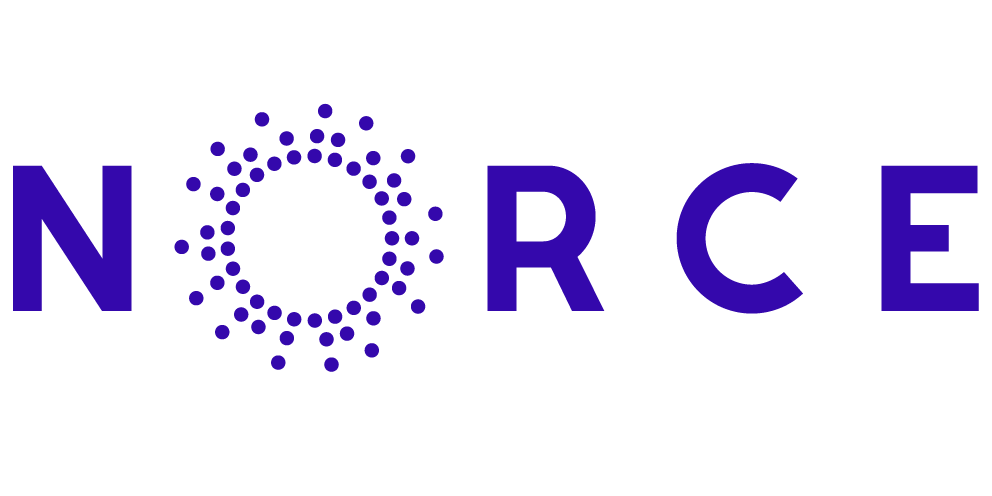/ Introduction
/ Introduction
/ Introduction
With the datafication of everyday life, increasingly powerful platforms and intensified competition for attention, media users face a media environment which is increasingly perceived as intrusive and exploitative of their data traces. This situation causes ambivalence and resignation as well as immersive and joyful media experiences. Understanding these experiences is crucial to democracy, as media use continues to be central for public connection and citizens’ information about and engagement in society. In addition to making sense of media usage through metrics such as clicks, time spent, shares or comments, critical attention to problematic representations of datafication should be bridged with broader and deeper understandings of media as experience.
New knowledge: The collaboration between Bergen Media Use Research Group at UiB and user partners in the centre will generate new knowledge from a dual strategy: (i) monitor users across media with state-of-the-art tracking devices and critical attention to limitations of such methods, combined with surveys and survey experiments, and (ii) understand future media experiences through qualitative in-depth explorations of emerging and transforming media use
Objective: To provide fundamental knowledge on how users will interact with the media of the future, by monitoring and understanding users across media through advanced quantitative and qualitative approaches.
With the datafication of everyday life, increasingly powerful platforms and intensified competition for attention, media users face a media environment which is increasingly perceived as intrusive and exploitative of their data traces. This situation causes ambivalence and resignation as well as immersive and joyful media experiences. Understanding these experiences is crucial to democracy, as media use continues to be central for public connection and citizens’ information about and engagement in society. In addition to making sense of media usage through metrics such as clicks, time spent, shares or comments, critical attention to problematic representations of datafication should be bridged with broader and deeper understandings of media as experience.
New knowledge: The collaboration between Bergen Media Use Research Group at UiB and user partners in the centre will generate new knowledge from a dual strategy: (i) monitor users across media with state-of-the-art tracking devices and critical attention to limitations of such methods, combined with surveys and survey experiments, and (ii) understand future media experiences through qualitative in-depth explorations of emerging and transforming media use
Objective: To provide fundamental knowledge on how users will interact with the media of the future, by monitoring and understanding users across media through advanced quantitative and qualitative approaches.
With the datafication of everyday life, increasingly powerful platforms and intensified competition for attention, media users face a media environment which is increasingly perceived as intrusive and exploitative of their data traces. This situation causes ambivalence and resignation as well as immersive and joyful media experiences. Understanding these experiences is crucial to democracy, as media use continues to be central for public connection and citizens’ information about and engagement in society. In addition to making sense of media usage through metrics such as clicks, time spent, shares or comments, critical attention to problematic representations of datafication should be bridged with broader and deeper understandings of media as experience.
New knowledge: The collaboration between Bergen Media Use Research Group at UiB and user partners in the centre will generate new knowledge from a dual strategy: (i) monitor users across media with state-of-the-art tracking devices and critical attention to limitations of such methods, combined with surveys and survey experiments, and (ii) understand future media experiences through qualitative in-depth explorations of emerging and transforming media use
Objective: To provide fundamental knowledge on how users will interact with the media of the future, by monitoring and understanding users across media through advanced quantitative and qualitative approaches.
/ People



Irene Costera Meijer
Work Package Advisor & Key Researcher
Vrije Universiteit Amsterdam
Read more



/ Publications
2024
Branding or visual storytelling? How legacy media use visual journalism to reach young people in the age of digitalization Journal Article
In: Journal of Applied Journalism & Media Studies, pp. 1-24, 2024.
2023
Modeling news recommender systems’ conditional effects on selective exposure: evidence from two online experiments Journal Article
In: Journal of Communication , 2023.
Understanding How News Recommender Systems Influence Selective Exposure Conference
Association for Computing Machinery (ACM) RecSys ’23, 2023.
Topical Preference Trumps Other Features in News Recommendation: A Conjoint Analysis on a Representative Sample from Norway Conference
Association for Computing Machinery (ACM) RecSys ’23, 2023.
The Burden of Subscribing: How Young People Experience Digital News Subscriptions Journal Article
In: Journalism Studies , 2023.
How Rally-Round-the-Flag Effects Shape Trust in the News Media: Evidence from Panel Waves before and during the COVID-19 Pandemic Crisis Journal Article
In: Political Communication, 2023.
Monitoring the infection rate: Explaining the meaning of metrics in pandemic news experiences Journal Article
In: Journalism , 2023.
2021
Framing Protest in Online News and Readers’ Comments: The Case of Serbian Protest “Against Dictatorship” Journal Article
In: International Journal of Communication, vol. 15, no. 21, pp. 82-102, 2021, (Pre SFI).
2020
Folk theories of algorithms: Understanding digital irritation Journal Article
In: Media, Culture & Society, 2020, (Pre SFI).
Changing news use. Unchanged news experiences? Book
Routledge, 2020, ISBN: 9780367485788, (Pre SFI).
Operationalizing exposure diversity. Journal Article
In: European Journal of Communication, pp. 1-2, 2020, (Pre SFI).
Temporal ambivalences in smartphone use: Conflicting flows, conflicting responsibilities. Journal Article
In: New Media and Society, vol. 22, no. 9, pp. 1715–1732, 2020, (Pre SFI).
Changing News Use. Unchanged news experiences? Book
1st, Routledge, London & New York, 2020, ISBN: 9781003041719, (Pre SFI).
Audiences’ Communicative Agency in a Datafied Age: Interpretative, Relational and Increasingly Prospective. Journal Article
In: Communication Theory, vol. 0, no. C, pp. 1-19, 2020, ISSN: 1050–3293, (Pre SFI).
Methods for datafication, datafication of methods: Introduction to the Special Issue. Journal Article
In: European Journal of Communication, vol. 35, no. 3, pp. 203-212, 2020, (Pre SFI).
Deliberative systems theory and citizens’ use of online media: testing a critical theory of democracy on a high achiever. Journal Article
In: Political Studies, pp. 1-18, 2020, (Pre SFI).
2019
Distributed Readiness Citizenship: A Realistic, Normative Concept for Citizens’ Public Connection. Journal Article
In: Communication Theory, 2019, ISSN: 1050–3293, (Pre SFI).
Journalism, Audiences and News Experience Book Chapter
In: Wahl-Jorgensen, Karin; Hanitzsch, Thomas (Ed.): Chapter 25, pp. 389-405, Routledge, 2nd, 2019, ISBN: 9781315167497, (Pre SFI).
2018
Approximately Informed, Occasionally Monitorial? Reconsidering Normative Citizen Ideals. Journal Article
In: International Journal of Press/Politics, vol. 23, no. 2, pp. 227–246, 2018, (Pre SFI).
Hierarchy of influences on transitional journalism–Corrupting relationships between political, economic and media elites Journal Article
In: European Journal of Communication, vol. 33, no. 1, pp. 37-56, 2018, (Pre SFI).
The Future of Audiences: A Foresight Analysis of Interfaces and Engagement Book
1st, Palgrave Macmillan, 2018, ISBN: 978-3-319-75637-0, (Pre SFI).
2016
The Future of Journalism as a System, Profession and Culture: The Perception of Journalism Students Journal Article
In: Media Research, vol. 22, no. 2, pp. 83-105, 2016, (Pre SFI).
“Practicing Audience-Centred Journalism Research.” Book Chapter
In: Witschge, T.; Anderson, C. W.; Domingo, D.; Hermida, A. (Ed.): Chapter 36, pp. 546-561, Sage, 55 City Road, London, 2016, ISBN: 9781473906532, (Pre SFI).
2014
Checking, sharing, clicking and linking: Changing patterns of news use between 2004 and 2014. Journal Article
In: Digital Journalism, vol. 3, no. 5, pp. 664-679, 2014, ISSN: 2167-0811, (Pre SFI).
Find us
Lars Hilles gate 30
5008 Bergen
Norway
Contact us
MediaFutures
Office@mediafutures.no
Responsible Editor:
Centre Director Prof. Dr. Christoph Trattner
Christoph.Trattner@uib.no
Copyright © University of Bergen 2024

















